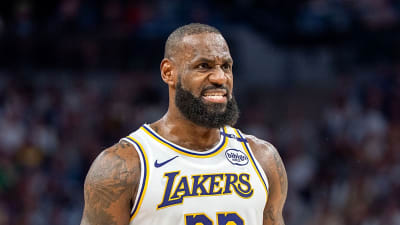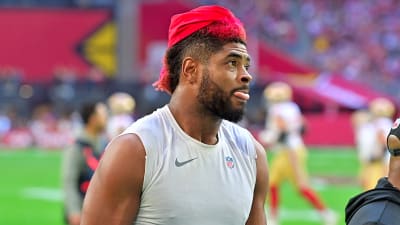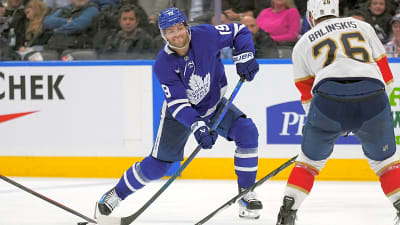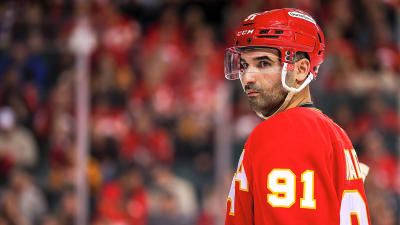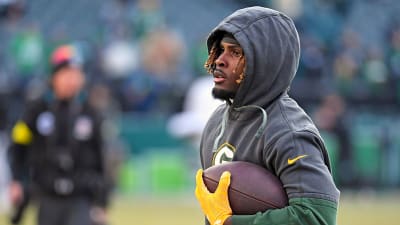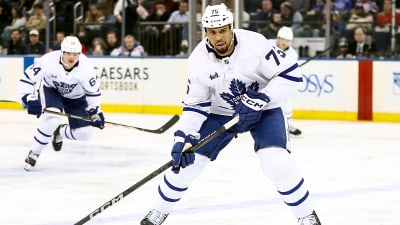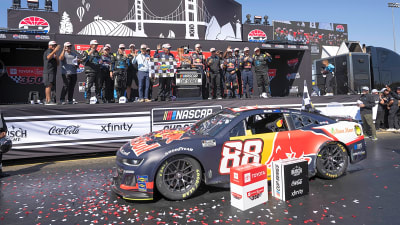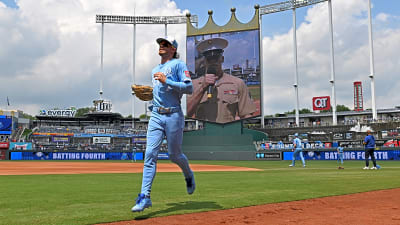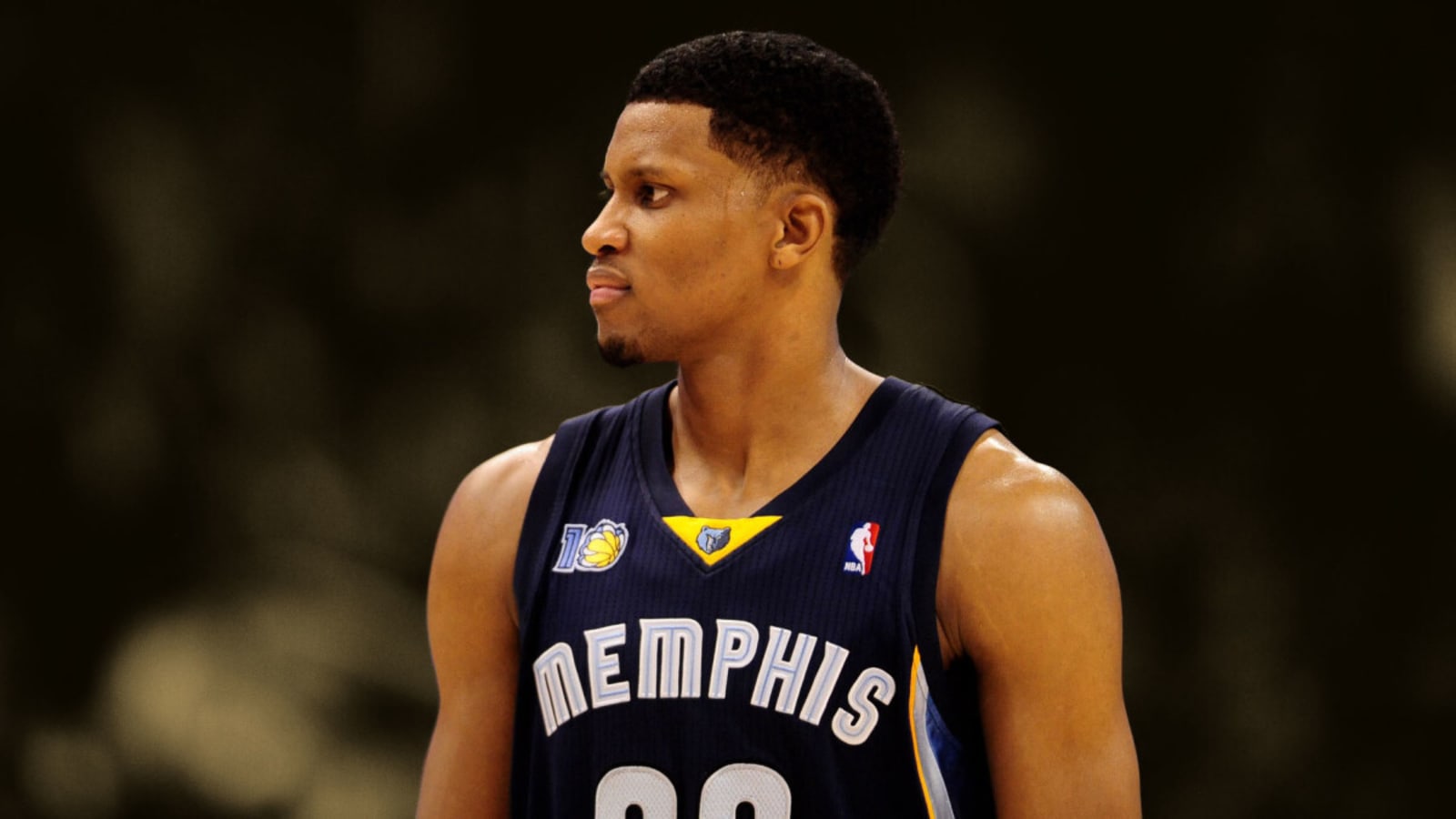
Player trades are a fundamental part of the NBA. Teams make moves to improve rosters, save cap space, or rebuild for the future. Yet, for the players involved, it is often not the best of feelings.
Being traded isn't just about relocating to a new city; it's about leaving behind teammates, fans, and dreams tied to the jersey they wore.
The unexpected trade
In January 2013, the Memphis Grizzlies traded Rudy Gay, their star forward for seven years, to the Toronto Raptors in a three-team deal. It was a move driven by financial considerations rather than performance.
Memphis was eager to shed Gay's $16.5 million salary for the season and secure future flexibility. But for Rudy, it marked the abrupt end of a chapter he believed was just the beginning of something special.
At the time, the star wing was averaging 17.2 points and 5.9 rebounds per game—solid numbers for a player who had been the face of the franchise since being drafted in 2006.
Memphis, riding high on the success of their "Grit and Grind" era with Marc Gasol, Zach Randolph, and Mike Conley, was poised for a deep playoff run. Yet, their front office saw Gay's hefty contract as a roadblock.
The trade dismantled a lineup that had made the Grizzlies a Western Conference contender. Memphis finished the 2012-13 season with a 56-26 record, their best at the time, and reached the Conference Finals for the first time in franchise history.
However, RG watched it all unfold from afar, wrestling with the disappointment of being excluded from what he believed could have been a championship run.
"Really seeing the team to a point where I thought we could compete, but you know, politics as usual and things happen, I do still feel some sort of way about not being on that team. Not being able to compete and try and win a championship, but that's water under the bridge," Gay said.
Working through the ranks
No. 22's journey with the Grizzlies began in 2006 when he was drafted eighth overall by the Houston Rockets and immediately traded. The deal sent him and Stromile Swift to the Grizzlies in exchange for Shane Battier, a veteran known for his defensive prowess.
Memphis had just made the playoffs three consecutive seasons but was in rebuilding mode, and the forward quickly became the centerpiece of their future.
Over the years, Rudy became one of the leaders of a young team still finding its identity. By 2010, the Grizzlies began to assemble a core that would define their franchise.
Players like Gasol, Z-Bo, and Conley turned Memphis into one of the toughest teams in the league. Even though playoffs were hard to come by at the time, they were known for their physicality and relentless defense. For the former Grizzly, being part of this transformation was special.
"We were becoming a team; we were starting to get and become really good; these are guys I still talk to to this day... That's a bond. I've never won a championship, but I think that's probably the only thing I could compare to being with these guys that long and really going through the mud," the retired high-flyer added.
The star forward's departure was a blow not just to him but to a young roster still learning to trust one another. The trade, while beneficial for Memphis in some aspects, showed how fragile team chemistry can be.
The Grizzlies made history that year by reaching the conference finals, but they never returned to that level of success. Gay, meanwhile, bounced around the league, unable to find the same sense of belonging he had in Memphis before ultimately retiring.
More must-reads:
- Clippers, Suns accomplish offseason goals with Bradley Beal buyout, signing
- LeBron James' agent warns NBA media about his retirement
- The 'Most points in a game by NBA team in 2024-25' quiz
Breaking News
Trending News
Customize Your Newsletter
 +
+
Get the latest news and rumors, customized to your favorite sports and teams. Emailed daily. Always free!
